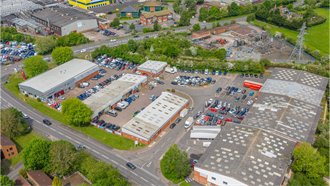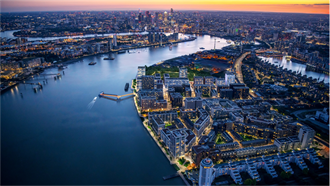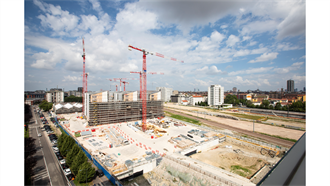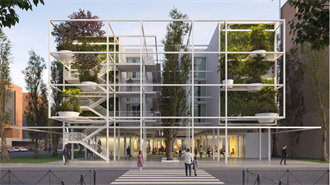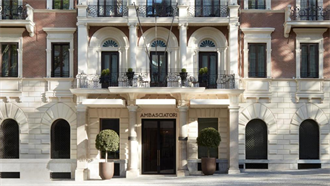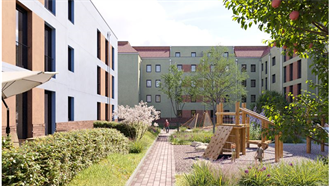James Letchford, partner at Hunters Law, explains what he sees in the commercial sector compared to his colleagues in the residential sector: ‘Even a falling market may present opportunities for canny cash investors.’
‘I am not an economist, but I have been around long enough to see the ebb and flow of the commercial property market as it is jostled by external forces that is outside its control.
It is unsurprising that after reading the constant media barrage relating to the "Cost of Living Crisis" that the doom-mongers are circling UK commercial property with fears of 15-20% falls in prices over the next 18 months and presenting a gloomy outlook for the largest listed property companies such as Land Securities and British Land.
Throw in some political instability – as of writing the mini-budget has been all but reversed and who knows what tomorrow might bring? – and you have a recipe that does not inspire confidence in a market that desperately needs some good news whilst still trying to find its feet after covid.
UK plc is still under the weather with its economy still 0.2% smaller than before covid compared to the other G7 countries who have recovered.
My own anecdotal evidence, based on conversations with clients, colleagues and peers, is that those involved in commercial property transactions are extremely busy; yet I look at residential colleagues who are taking on new instructions but are finding completions harder to come by.
Data suggest that agreed sales volumes may be up, but mortgage approvals are down, especially more recently, and sales will have been agreed a number of months ago.
My experience tells me that where residential leads, commercial property often follows. Savills recently reported that, as at end Q3, transaction volume is already 3% down on 2021 and this is on the back of a downwards trend for the whole of the year with comparisons of the market in 2012.
We have of course been here before. The financial crisis in 2008 seemingly took time to impact transactions and I remember at one point naively wondering when things might slow down. But of course, it did.
It feels like we are on a similar trajectory, with the UK facing the worst recession since 2008. The direct causes and economic background may be different this time with banks, at least in theory, better financially positioned; but the effect on the market will be the same.
Just as before borrowing will become difficult, if not impossible, for investors and occupiers. Interest rates have and are likely to increase whilst credit is withdrawn as lenders leave the market (whether voluntarily or not). Lack of access to finance will prohibit new entrants into the market but also provides challenges for existing borrowers who are left holding properties with suspect valuations and concerns about refinancing. The unease within the market will increase as people hold off making long term decisions about property until they feel more certain.
Yet it should not be all doom and gloom. Whilst naysayers thought that covid had killed the office forever, the return to the office has been a gradual process and businesses and their employees are finding their feet as to what the "new normal" actually means.
It may result in reduced space requirements although this does not necessarily mean less overall cost with businesses looking to ensure that what they do have is fit for purpose. Investors who have tenants on long leases continue to benefit from upward only rent reviews.
Even a falling market may present opportunities for canny cash investors. I recall acting on a purchase of an investment property for a private client just after the darkest depths of the financial recession who picked up the property near half price, only to sell two years later at a tidy profit.
There are a number of businesses who are cash rich and have been less active in the knowledge that the market goes down as well as up. Similarly private wealth has money and will be looking at all types of investment to hedge against the uncertain economic future. Commercial property provides bricks and mortar which is often seen as a flight to safety.
It is undoubtedly a gloomy outlook for commercial property and we are in for a bumpy ride in the upcoming months. But maybe, definitely maybe, there is a glimmer of light at the end.’

























